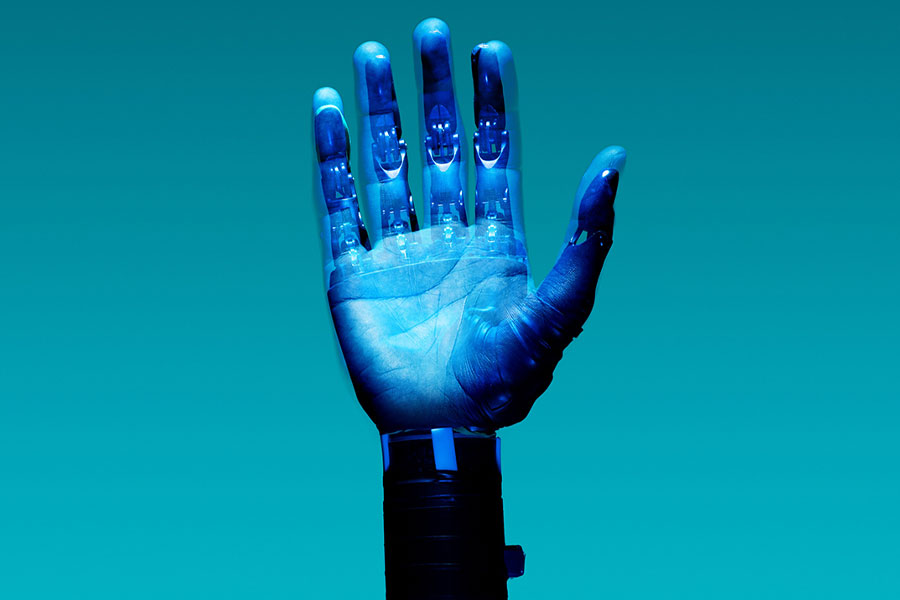
Can technology help us create a better version of ourselves? Can we become healthier, more active and above all happier by leveraging the benefits of several apps and IoT devices that are readily available in the market-place? I must confess that I am myself guilty of having become addicted to some of the most popular technological wizardly available as it quenches my thirst for data. Yes I am obsessed with numbers. How much time does it take me to complete a 5K run? What is my average resting heart rate and what is its variability? For how long do I remain in a “Deep Sleep” state and what is my average conversion rate of Oxygen into Carbon Dioxide. Welcome to the world of wearable technology which is progressively diffusing from the professional sport/athlete industry into the more mainstream consumer markets. Imeasureu.com classifies the main wearable technologies that are readily available in the market as follows:
- Inertial Sensors to monitor recovery and tracking of individual limbs
- GPS units tacking velocity outdoors
- Heart Rate Monitors for assessing athlete conditioning
- LPS Systems providing velocity metrics indoors with pinpoint accuracy
- Sleep Trackers giving insight of sleep regimes
- VBT sensors measuring athlete progress in the weight room.
The fact remains that technology has made it possible to measure our vitals in real time enabling us to monitor our progress. Other forms of technologies that are gaining prominence in the market-place include machine learning enabled fitness coaches that adapt your workouts to suit your specific physical fitness levels achieved based on a set of manual responses and feedback. There are several apps in the market. Pcmag.com presents a range of best work out apps for 2021 (The Best Workout Apps for 2021 | PCMag.) Most of these Apps combine workouts, music, motivation and nutrition recommendations and guidance to enable you achieve a holistic solution for your physical health.
Notwithstanding the variety of the Apps that are available in the market, it is indeed surprising to note that so far they have achieved limited integration with wearable devices thereby relying mainly on user feedback and responses. Indeed I believe that the integration of IoT devices with Fitness Coaches will radically shape the fitness consumer market in the next months. Moreover, a further revolutionary development in the industry could be the enhancement of the data sensing process through global integration of data points (in an anonymous format) relayed through wearables across a spectrum of health-conscious consumers. This would enable active users to benchmark their fitness levels and in turn fitness coaching apps to enrich their access to data thereby “learning” at a faster rate and improve the quality of work out recommendations to its customers. Moreover, taking this a step further, we have already seen the sporadic use of wearables connected to health care providers enabling them to monitor the health of their patients particularly those with heart problems. The widespread use of wearables amongst consumers combined with the power of Artificial Intelligence could indeed provide vital data to health care service providers that could save lives.
Of course there are data protection and ethical issues that would need to be addressed particular in view of the very sensitive nature of the information being collected. Access to health-related data is indeed a very delicate subject with consumer’s privacy and confidentiality being of central importance. Such issues also have to be considered within the context of the recent regulation issues by the European Commission that has laid down harmonised rules on the ethical use of AI in collecting and analysing data. In this context, Blockchain through its Distributed Ledger Technology (DLT) could provide the right safeguards for protecting consumers since data is not retained in a central database but is diffused across several nodes in the network.
But perhaps one of the biggest revolutions looming in the horizon consists in technologies and apps that help consumers to improve their mental health and well-being. More on this in a subsequent article. Please email me on [email protected] if you want to know more about the subject.
